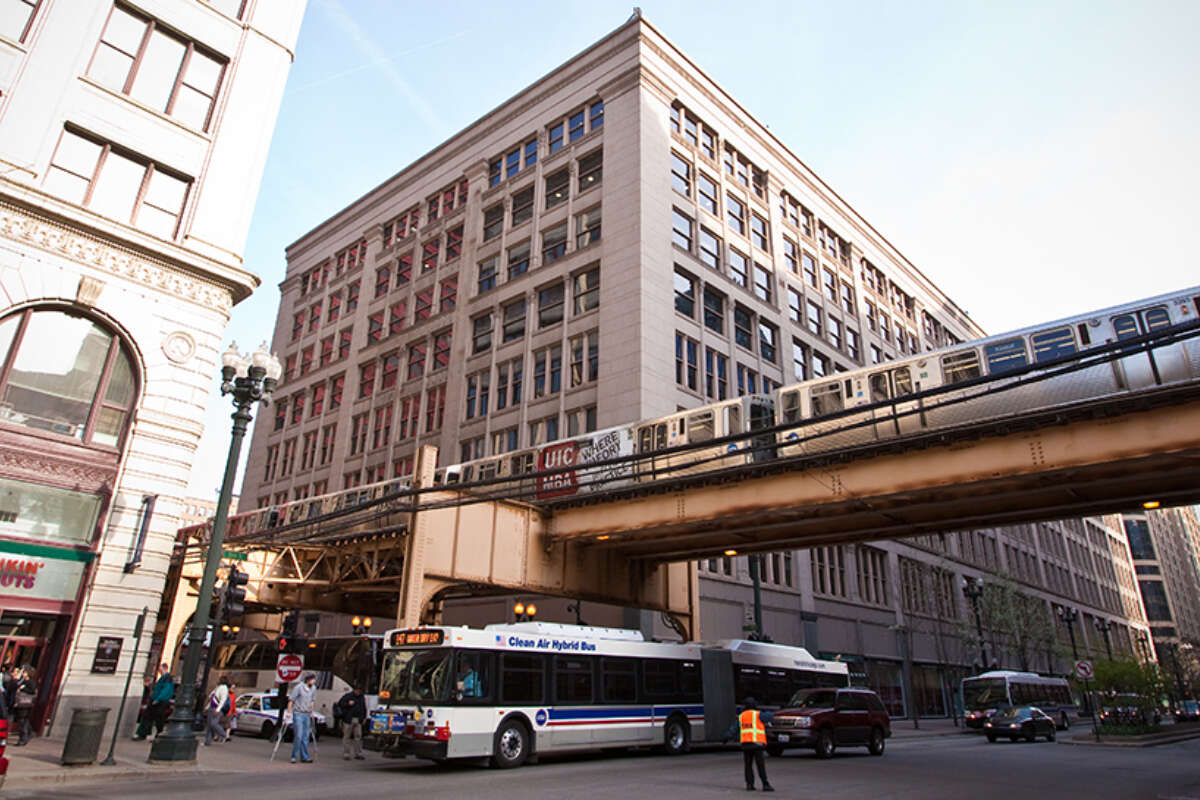
The RTA is currently developing the 2023 Regional Transit Strategic Plan for Northeastern Illinois at a time when the challenges and opportunities facing our region’s transit system have never been greater. We have invited a group of transit leaders to participate in a series of guest blogs on Connections, including the three transit operators in the Chicago region: CTA, Metra, and Pace.
The following guest blog was submitted by Michael Connelly, Chief Planning Officer, Chicago Transit Authority
At no time in recent history has the need for equitable policies and practices in public transportation been more evident than during the COVID-19 pandemic.
Even at the height of the pandemic—when public ridership plunged precipitously—the CTA was still carrying more than 250,000 customers each day. Many of those riders were essential workers and those from the South and West sides of Chicago, where there is a greater percentage of transit-dependent riders in low-income communities.
The CTA, like our peers at agencies across the nation, have wrestled with myriad questions, including how to best continue to serve transit-dependent customers from minority and low-income neighborhoods who take public transit not as a matter of choice, but who need this service to live their lives in the most basic and important ways.
It’s fair to say that we’ve now reached a tipping point in the public transit industry, where it’s no longer a wishful idea, it is a must—especially in urban areas—that we take this opportunity to redefine the new normal and focus on the needs of our most vulnerable and transit-dependent riders. And at the CTA, that’s exactly what we’re doing.
Equity in public transit is more than just individual projects, it’s a way of thinking.
Under the leadership of CTA President Dorval R. Carter, Jr., equity has been brought in from the periphery of policymaking discussions to being a key focal point of every discussion about service and investment. Staff at all levels weigh in on and consider how we are working to ensure that no customer, stakeholder, or other party dependent upon our agency’s services is poorly served or dismissed for reasons related to race, gender, disability, or any other factors. This is part of our larger, collective effort to view public transit itself as an exercise in equity and that with each decision we make there is a direct equity impact on the riders we serve.
Years before the pandemic hit, we were already investigating ways to further improve mobility and access to public transit. Despite the pandemic, we continued pursuing ideas and initiatives we were working on pre-pandemic, such as dedicated bus service improvements (e.g. rear-door boarding), launch of our Ridership Dashboards, dedicated bus only lanes along key routes—including the #79 route, which has been the most heavily traveled bus route in our system throughout the pandemic—and more.
Perhaps the most significant expression of equity from the CTA is the proposed $2.3 billion Red Line Extension (RLE) project. Despite seeing never-before-seen ridership declines during the pandemic, efforts to advance this project never slowed—if anything, they’ve accelerated. The devastating effects of the dual health and economic crisis has highlighted how urgently the RLE project is needed.
The Red Line is the most heavily traveled rail line in our system, operating 24/7, and serves as the backbone to our rail system. The proposed RLE project will extend the Red Line on Chicago’s Far South Side by 5.6 miles into poor and minority communities, creating more than just valuable transit connections, but also strengthening connections to jobs, schools, health care, housing, and other vital resources.
While CTA rail lines reach the north and west city limits, the south Red Line does not continue to the city’s edge. Residents of Far South Side communities have long called for an extension of the Red Line.
Over the last several years, however, the project has made more progress than it had in previous decades, and we are currently moving through the extensive federal New Starts program. As part of the overall funding strategy for the Red Line Extension (RLE) project, we worked closely with local and state leadership to create a Transit Tax Increment Financing—or TIF—district in late 2016 that could provide a portion of the project’s local match requirement under the New Starts program.
National case studies of other FTA-funded projects showed that TIF had been used across the U.S. to provide a portion of projects’ local match requirement, including here in Chicago. The successful creation of this first-of-its-kind Transit TIF meant that we now had an alternate local funding source to unlock federal funding and make the project a reality.
In 2019, $310 million of the CTA’s five-year capital improvement program was allocated for preliminary engineering and design work for RLE, which the community rightly saw as a statement of commitment to getting that project done. We are also constantly engaging the community on myriad issues, from gathering residents’ input on the alignment of the track to working with local leaders to help disseminate project information into the neighborhoods.
RLE is a community input-driven project with equity as its foundation. Members of the surrounding communities have been and will remain vital in helping shape what will be the most transformational investment in CTA history.
In Chicago—as well as in urban areas across the county—there is no question that public transit must be an integral part of post-pandemic recovery. The same attributes that have always made public transit attractive—affordability, congestion mitigation, equity, environmental benefits—are ever more important now. And if what we saw during the pandemic is any indicator for our future, it’s that we must start listening to the needs of the communities who rely on our services the most.
Subscribe to our Newsletter

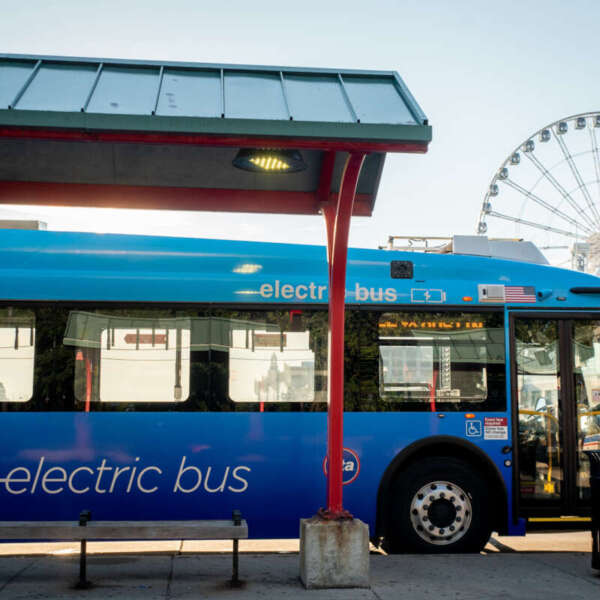 Transit is the answer to meeting Illinois’ climate goals
Transit is the answer to meeting Illinois’ climate goals
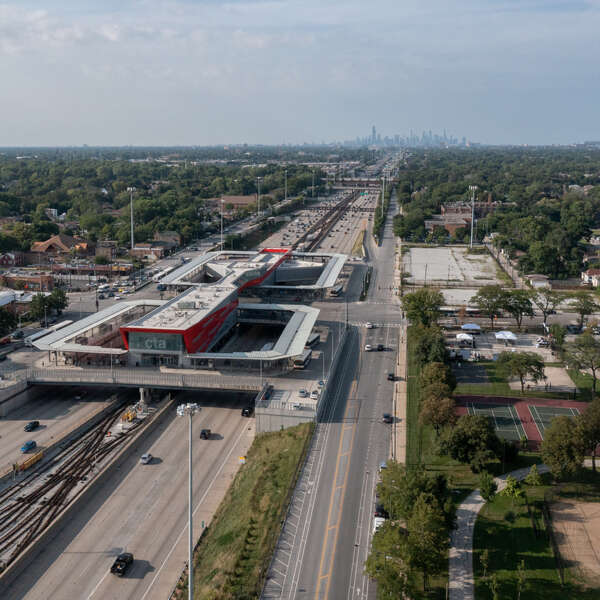 Three years into the Infrastructure Investment and Jobs Act, Chicago’s transit system is winning competitive grants and advancing critical projects
Three years into the Infrastructure Investment and Jobs Act, Chicago’s transit system is winning competitive grants and advancing critical projects
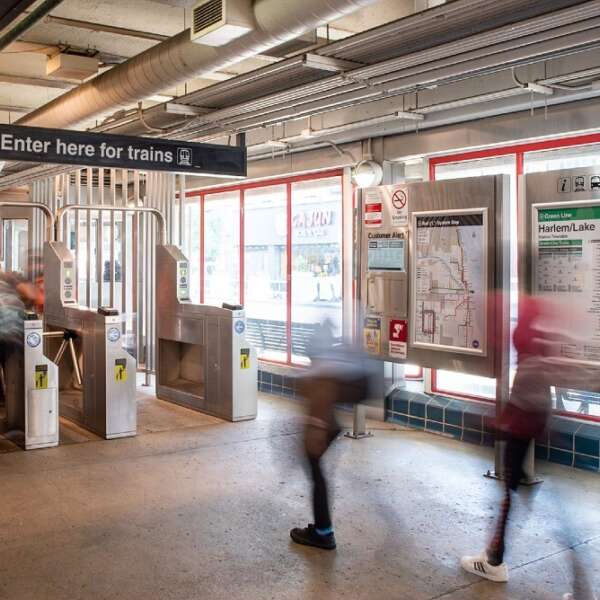 Why fully funding paratransit service and reduced fare programs is key to closing the transit budget gap
Why fully funding paratransit service and reduced fare programs is key to closing the transit budget gap
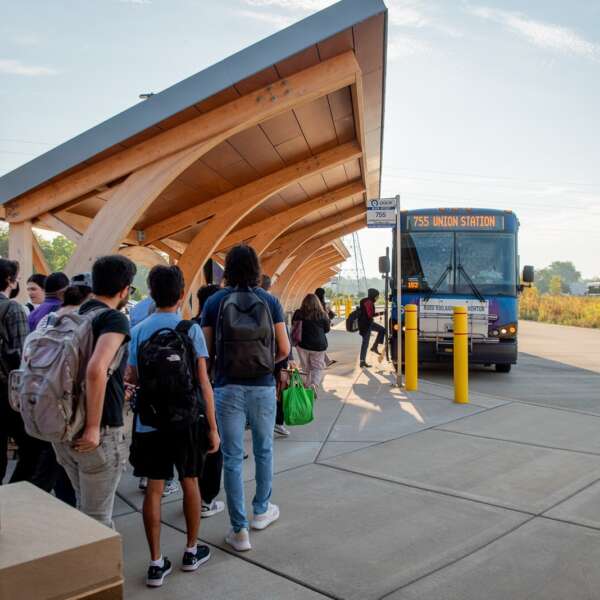 RTA releases semi-annual project management oversight report highlighting more than 100 capital projects
RTA releases semi-annual project management oversight report highlighting more than 100 capital projects
 New fare structure unveiled in Metra’s 2024 budget
New fare structure unveiled in Metra’s 2024 budget
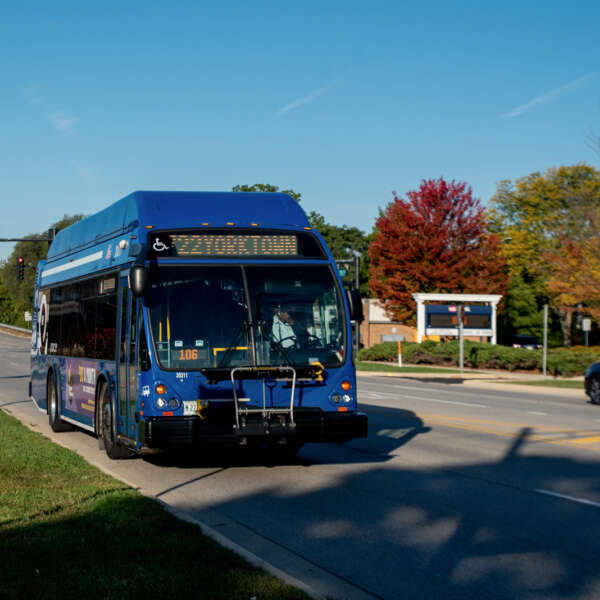 Melinda Metzger defines service and operating goals for Pace with 2024 budget
Melinda Metzger defines service and operating goals for Pace with 2024 budget